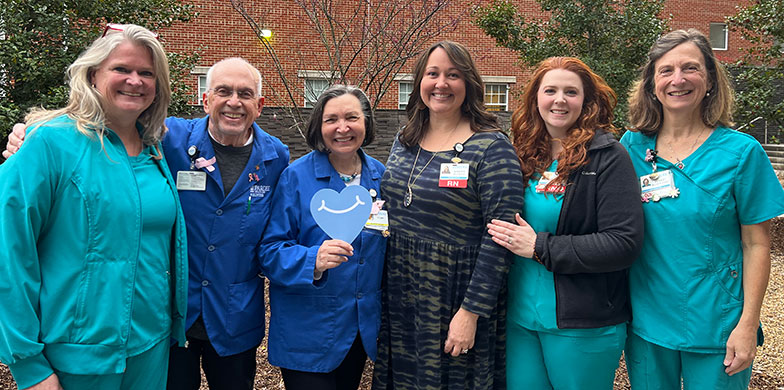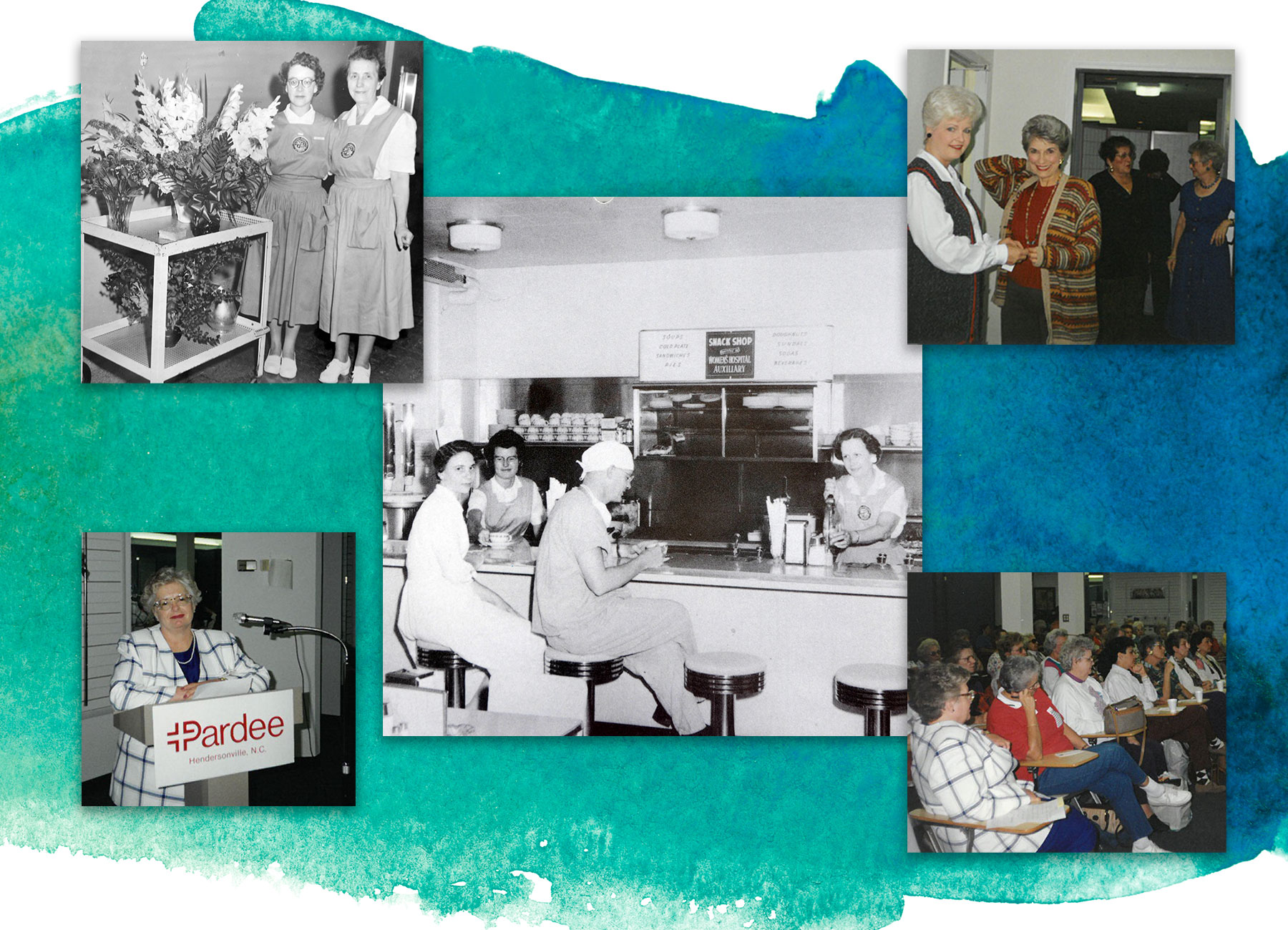People of all ages and genders are susceptible to developing hernias. Men experience inguinal hernias at a staggeringly higher rate than women. According to studies, about 27% of men will get an inguinal hernia at some point. Only roughly 3% of females will get the same hernia.
What is a hernia?
When an organ or tissue in the abdomen protrudes through a weak spot in the surrounding muscle or tissue, this is called a hernia. They typically occur in your groin or abdomen. It could appear as an abnormal bulge that changes appearance depending on the activity or the position. It may or may not result in symptoms like discomfort or pain. Hernias are not often dangerous, although they can be unpleasant and do not heal on their own.
What makes males more vulnerable?
Because of a small anatomical variation between males and females, hernia statistics are skewed. Males are more likely to develop inguinal hernias due to differences in the reproductive system.
The testicles of a developing male fetus go from the abdomen to the inguinal canal. Ideally, the abdominal wall would shut back up and re-isolate the genital area. If this doesn’t happen, a weak spot or opening in your abdominal wall develops, allowing fat or a section of the small intestine to poke through and cause a hernia.
The increasing incidence of hernias in males can also be attributed to their age. Hernias are more common in men over the age of 40 due to weakened abdominal wall tissue in the inguinal canal area. Women are less prone to this sort of hernia because the ligament holding their uteruses in place in their inguinal canals is stronger. This additional support prevents foreign tissue from squeezing through.
The best way to avoid surgery is to take preventative measures
Due to the higher risk of hernia in men, it is important to consider preventative measures. Everyone should always lift the recommended amount of weight, but males in particular. Get assistance if the load is too heavy, or lighten it. Always squat rather than bend at the waist.
Being overweight puts more pressure on the abdominal wall, weakening it over time; therefore keeping to the recommended healthy body weight is essential. Developing a solid core is one of the best strategies to protect yourself from a hernia. Regular core-strengthening exercises will make your abdominal and groin muscles stronger and more flexible.
Managing diabetes is as important to ensuring the effectiveness of hernia repair in patients with diabetes. According to medical studies, surgery complications were more common among insulin-dependent people.
The Telltale Signs of a Hernia
If any of the following symptoms seem like what you’re experiencing, it’s time to get examined for a hernia.
A hernia is first noticeable as a bulge in the abdominal wall or groin produced by protruding tissue or an organ. You might not even be aware of it unless you do anything that raises the pressure in your abdomen, like coughing or jumping.
Symptoms of a bulge might range from mild discomfort to complete absence.
If the organ or tissue projecting through the hernia becomes trapped and cut off from its blood supply, the hernia can worsen to the point of strangulation. You may experience discomfort, nausea, vomiting, and difficulty to defecate or urinate. A strangulated hernia can become life-threatening very fast, so emergency treatment is always recommended.
Options for treatment are plentiful
Patients with hernias might take heart in the fact that the success rate of hernia treatments is rather high.
The vast majority of hernias will call for surgery at some point. If you have a moderate or mild hernia that only occasionally bulges out, your doctor may decide to wait it out. Since hernias tend to worsen over time, medical professionals typically recommend fixing them.
Unless there are difficulties, hernia repair surgery is a routine and straightforward operation. Your doctor will reposition the herniated tissue and use stitches or surgical mesh to fortify the obstruction it opened. Surgeons often employ minimally invasive techniques—characterized by shorter surgical times, reduced postoperative pain, and a shorter hospital stay—when treating a hernia.
If you think you may be suffering from a hernia, reach out to your primary care provider. To find a provider near you, visit pardeehospital.org.





